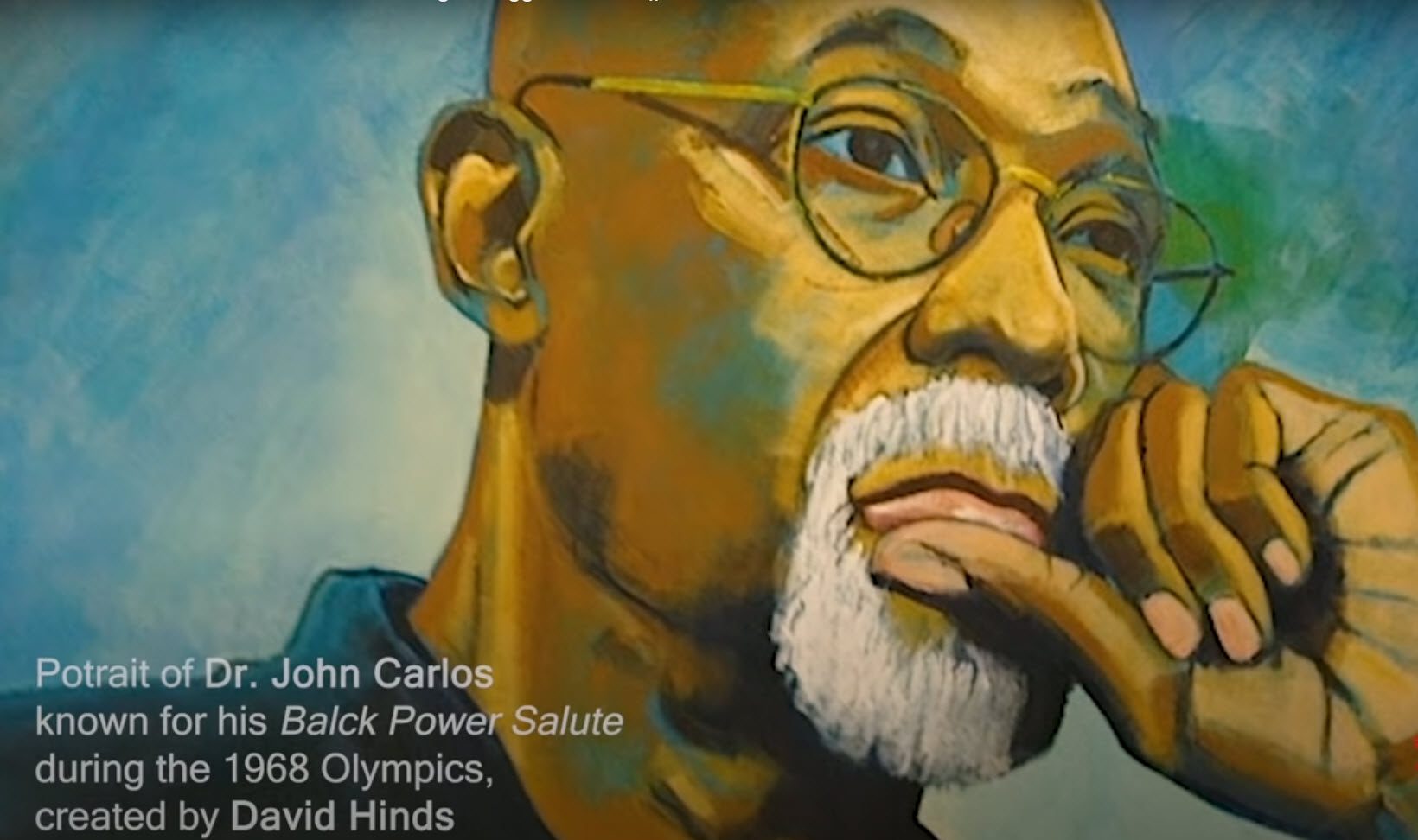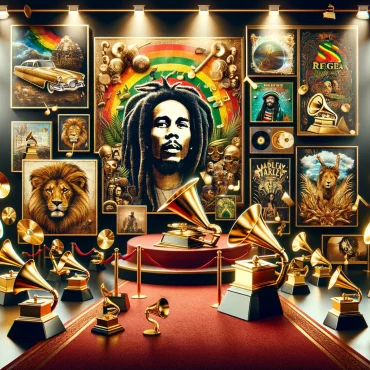These days, I’ve been thinking about who will be next in the series “History of reggae music“, and I have given priority to older icons that are still among us. Driven by that idea David Hinds and Steel Pulse weren’t in line, but since David Hinds turned 64 on his birthday four days ago, we’ll push him a little over the line. As if there is any order in the music or that David needs some kind of pushing … Anyway, it will be like that today, and we don’t know about tomorrow. The question is, who will we write about first, about David Hinds or Steel Pulse? Which is older, the chicken or the egg? In this case, David Hinds started with music when Basil Gabbidon started, and when the two of them started with music, Steel Pulse was born.






Post comments (0)